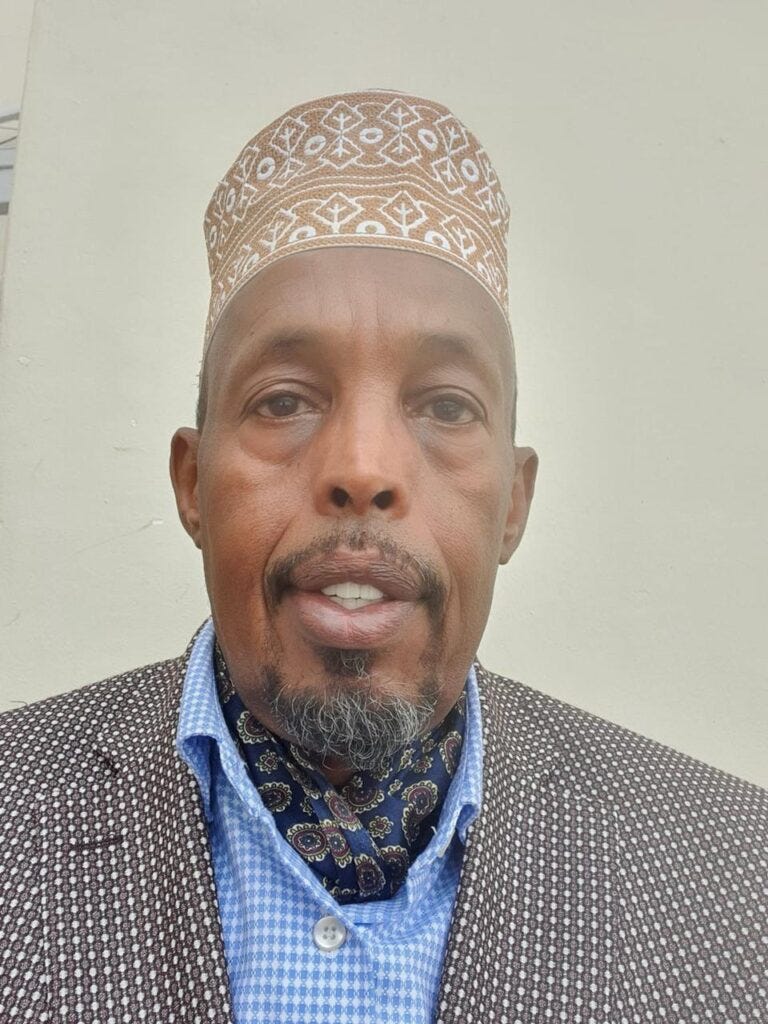By Mohamed M Adde, – Horn of Africa Editor, The African Gazette
Social transformation is taking place before our eyes everywhere in the world. People from different walks of life are engaged to put out massive information into cyber world – politicians, business communities, religious scholars, comedians, all media houses national or international (radios, press and TVs), artists, singers, rappers, poets and private individuals – no one is left out.
The technology companies have made it possible for people to receive and send messages instantly everywhere in a matter of seconds. Each day, enormous content types are shared and seemingly, everyone is getting a good value for the money he/she pays to service providers to connect them to rest of the world.
Smart phones are blessings in disguise
Somalia is considered to be one of the most traditional societies in the world. Its culture, language and beliefs are challenged by the social media phenomenon as social media is transnational.
An average Somali family in the capital has seven household and they spend 30 dollars on internet connection. Each member of that family spends on an average two hours online for different reasons. Parents follow favourite news channels or religious talks whereas the youth use it for entertainment and wooing.
Businesses are displaying advertisements for their latest products and commodities. Artists have direct access to customers and transcription/ likes are generating fees from them from social media providers.
Chinese smartphones are popular here and cheap. They have the most desirable features from cameras to customer friendly layouts. It seems that younger the phones users are, the better they are in utilizing the smartphone features. Most young men use these smartphones to play games or watch their international football fixtures, whereas the young women use social media to promote their line of work from beauty salons to boutiques. Young women in Somalia are more productive when it comes to time management and money making. Thus smartphones are blessings in disguise.
Somalia is a leading digital economy
Phones are used in daily transactions in Somalia and the country will become cashless soon. In February this year, the Somali government issued its first mobile money licence to the biggest telephone company in Somalia.
Hurmuud Telecom Somalia has a service platform called EVC Plus where customers can use digital money for their daily transactions and that counts two thirds of all payment transactions. For that reason, smartphones phone theft has increased significantly in Somalia and that led Mogadishu Police Force to carry out last month its biggest security operation in the capital against organised armed gangs, who specialised stealing phones from young women and small businesses.
A large number of gangs were rounded up and taken to courts. Residents of city were following their cases closely in the social media and testimonials of their victims.
The success of the police operations and subsequent court sentence was the talk of the public.
Social media and controversies
The opposition groups have been blaming the Somali government to have bribed young people to discredit the opposition figures in social media. These people are said to have attacked the accounts of politicians with dislikes and insults in mass according to credible sources. The opposition has set up their own teams in defence and that war is still on in social media. To say the least, rappers have their social media wars and are drawing large followers.
For good and bad, social media impact is here to stay like everywhere else in the world and it has a big influence in Somali society in every aspect possible – from food /shopping delivery to mobile money transactions. A hard to believe fact -Sheikhs are competing with the rest and are in tune with fundamental changes around them within the society and are streaming live – their Friday’s ceremonies on social media.
Finally, the dead are not even left alone. Their stories occupy a sizeable percentage in Somali social media content – death announcements or condolences or in some extreme cases, burials are streamed live on Facebook or other platforms!
Mr. Mohamed M Adde is a household name throughout Somalia and beyond as a seasoned journalist who worked in the Horn of Africa region and UK. Over the years, Mr. Mohamed has edited over 40,000 radio programmes. He now lives in Mogadishu after leaving the BBC World Service, where he writes pieces and articles for radio and news websites. In the past, he worked as a teacher, a lecturer and a trainer in Somalia and overseas in public and private sectors. Amongst other things, Mr. Mohamed writes and lectures on the Declaration of Universal Human Rights, child Rights and minority rights. Mr. Mohamed is a keen supporter of Somali literature, poetry, storytelling and folklore dance and he is an honorary member of Council of Somali Poets.
The post How has the Traditional Somali Society adapted to Social Media Influence? first appeared on The African Gazette.



